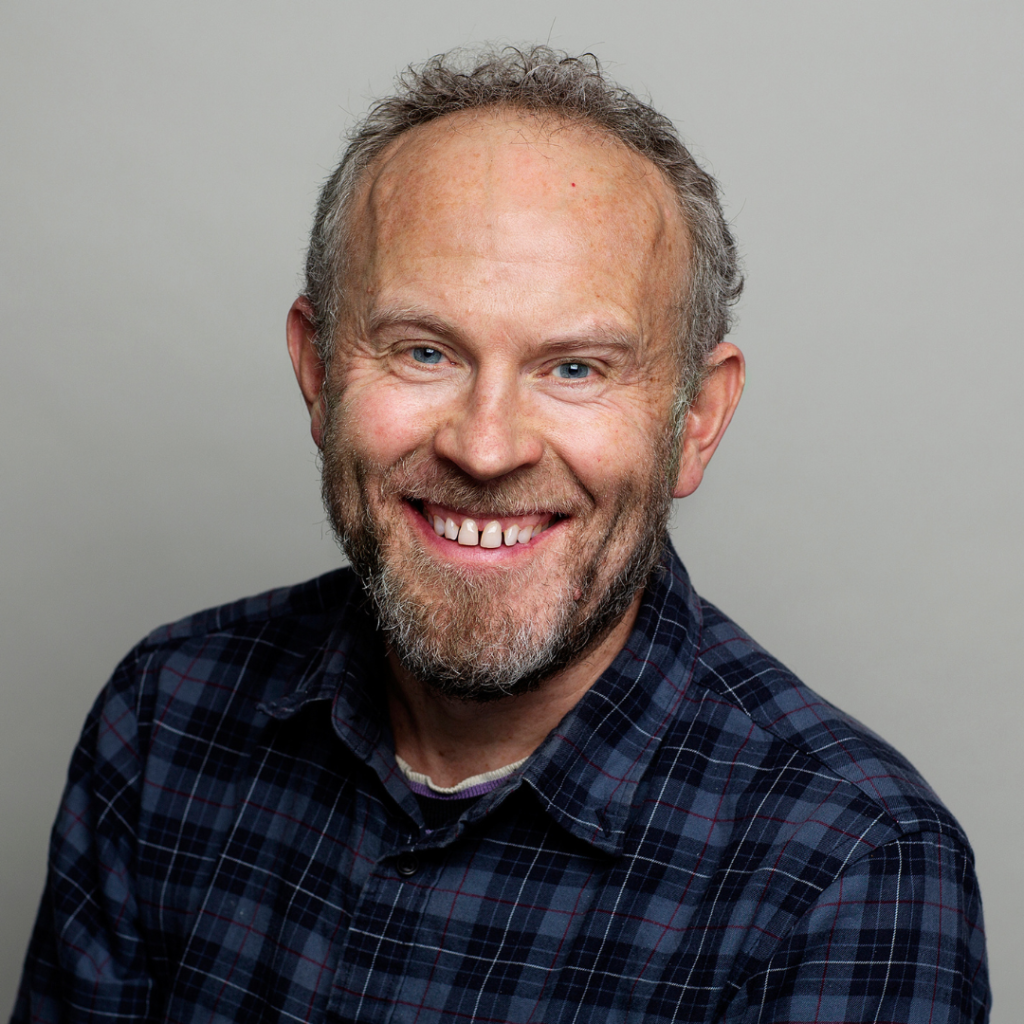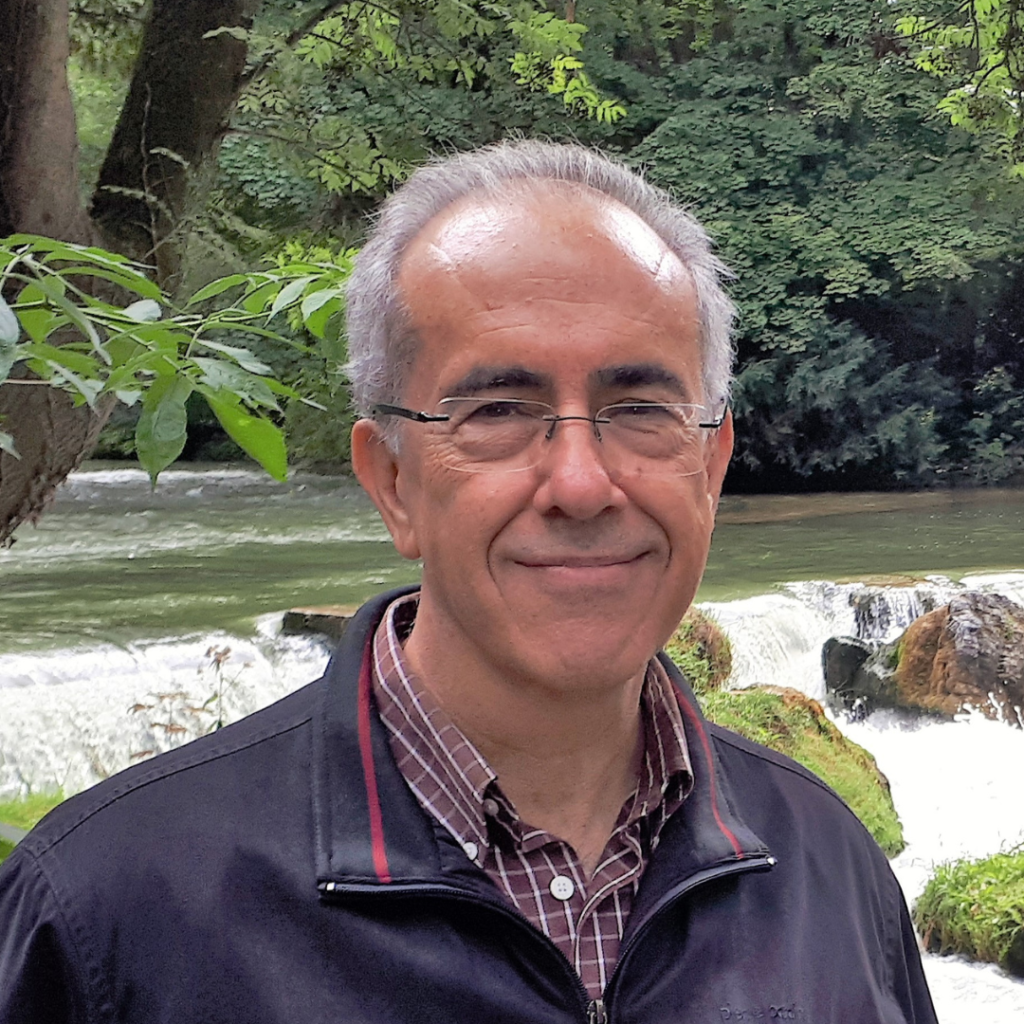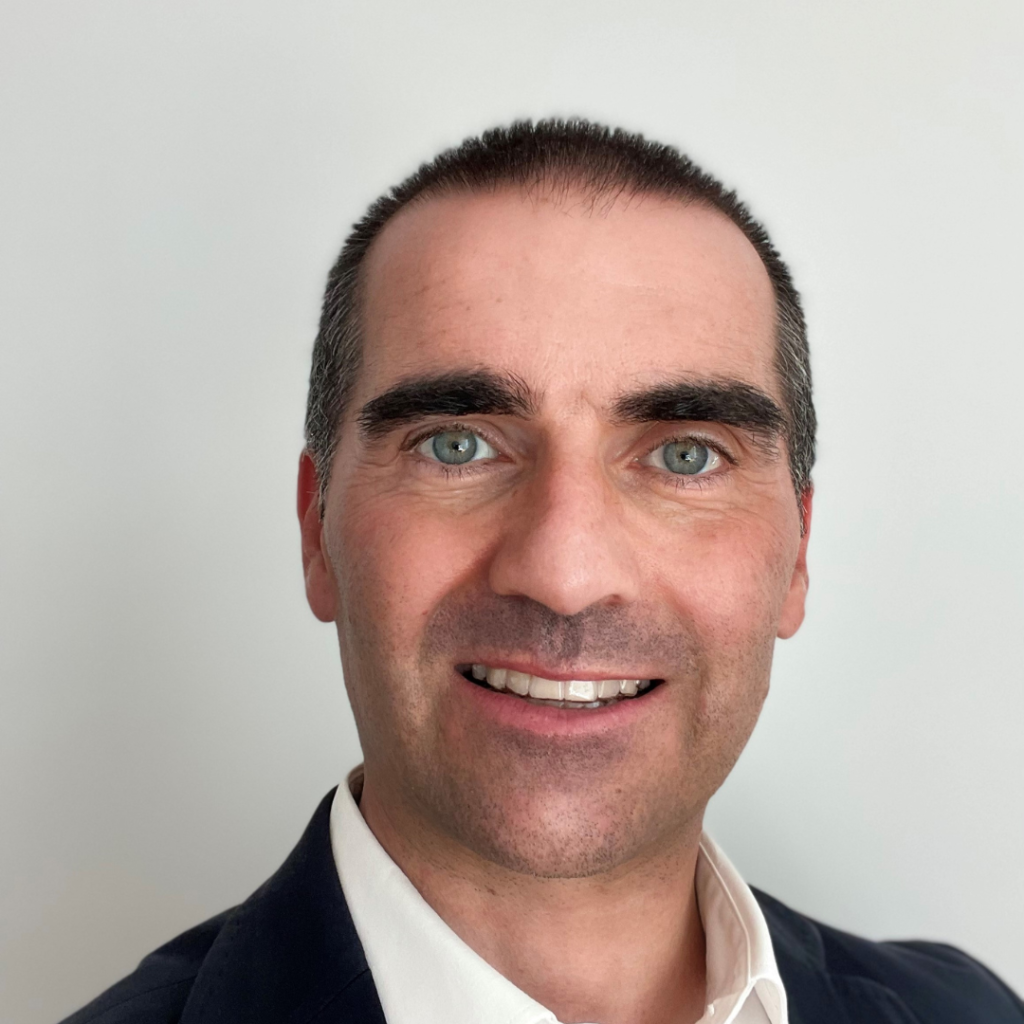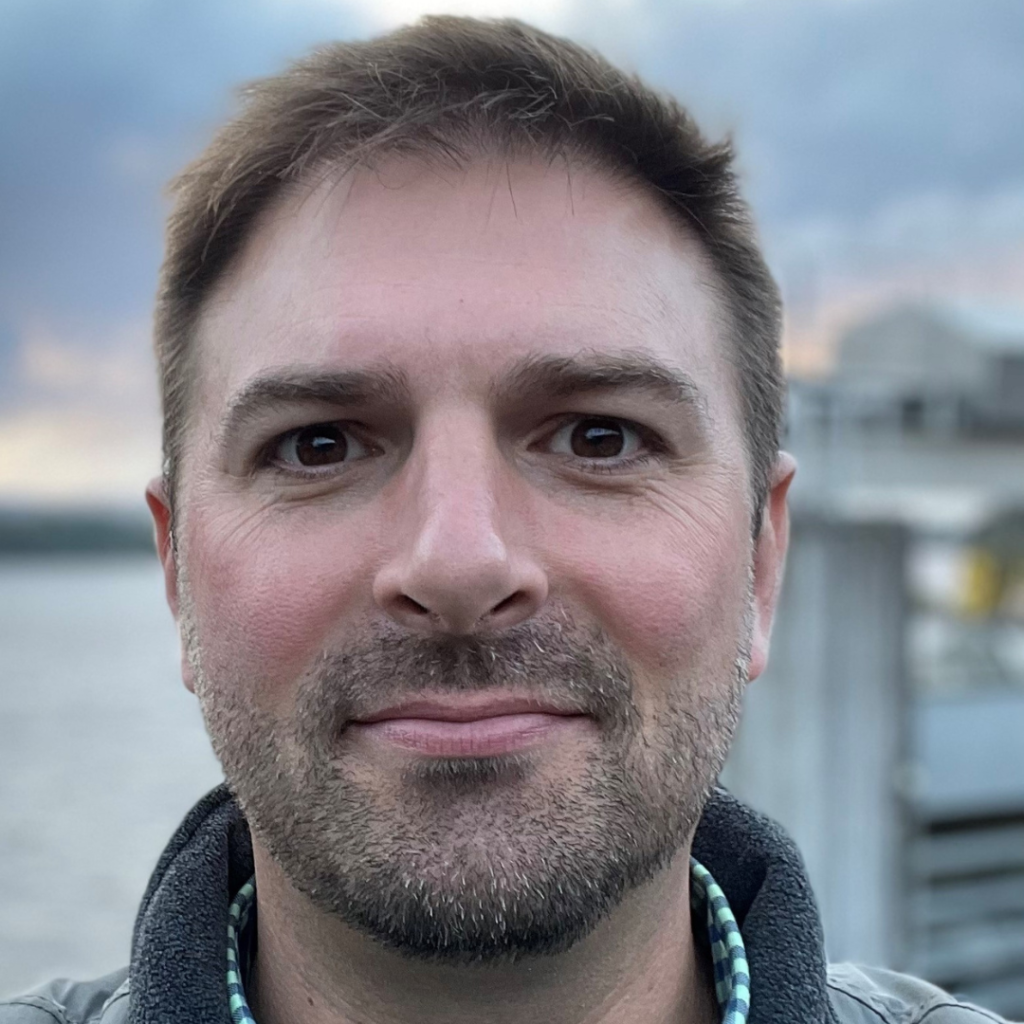Agenda

Speakers
Tor Haakon Bakken

Tor Haakon Bakken is a full-time professor at the Norwegian University of Science and Technology (NTNU) and holds a PhD in water resources management from the same university. Bakken has a wide experience within water resources management and development of renewable energy projects during his professional carrier in Norway and internationally. During his career, Bakken has worked as a research scientist at SINTEF (2 periods), Norwegian Institute for Water Research (NIVA) and the international classification company DNV GL. Bakken’s CV includes an extensive list of technical reports and peer-reviewed publications.
Bakken’s present focus is on sustainable development of hydropower resources, the role of reservoirs in water resources management and environmental impacts from hydropower projects. Bakken coordinates the SusHydro (sustainable hydropower development and operations) with 7 PhDs and supervisors.
Jo Halleraker

Jo Halleraker is a distinguished guest researcher at NTNU, in the science-policy interface of water management. He works as a chief engineer at the Norwegian Environmental Agency, where they apply their scientific knowledge to real-world challenges, e.g. about sustainability in hydropower at both national and international levels (Nepal, China, Europe). As a former co-chair of the Ad hoc Task Group on Hydromorphology (ATG HYMO) within the European Water Framework Directive’s (WFD) Common Implementation Strategy (CIS). Jo played a pivotal role in shaping policy and guidance for ecological potential in modified water bodies, as one of the co-authors of the CIS Guidance No. 37.
Currently, Jo Halleraker is pursuing a public management Ph.D. project titled “Ecosystem-based Management: Analysis and Development of Indicators for Sustainable Water and Land Use” at NTNU, funded by the Norwegian Research Council.
Lennart Schönfelder

Lennart Schönfelder is PhD candidate Norwegian University of Science and Technology (NTNU). His PhD topic is the use of future hydropower reservoirs in a multi-purpose perspective. This involves climate studies and water temperature modelling in Norway and international test cases. He worked for many years at SINTEF where his work at SINTEF is focused on the interface between hydropower operation and ecology. His current research interests are the classification of freshwater bodies in accordance with the EU water framework directive, and hydrological modelling. Lennart studied Environmental Engineering with a focus on hydraulics and water management at the University of Stuttgart, and took exchange semesters at the University of Guadalajara, Mexico and at the Norwegian University of Science and Technology (NTNU).
Christianne Solvag

Christianne is a PhD candidate at the Norwegian University of Science and Technology (NTNU), at the Department of Biology and affiliated with the multidisciplinary SusHydro group, holds Bachelor’s and Master’s degrees in Ecology, Behavior, and Evolution, both acquired during earlier years at NTNU. Their research interests lie in evolutionary ecology, particularly in elucidating how organisms have adapted to environmental variability, employing computational modeling approaches. In their PhD research, they investigate this within the realm of sustainable hydropower, aiming to ascertain how alterations in water levels impact insects with diverse life histories and forecast the extent to which various insect types will withstand water level regulation.
Hanne Krogstie

Hanne is a PhD candidate at the Norwegian University of Science and Technology (NTNU), based in the Department of Natural History at the NTNU University Museum, is affiliated with the SusHydro project – one of the Interdisciplinary Sustainable Initiatives at NTNU. With a Master of Science in Natural Resources Management and a Bachelor of Science in Ecology, Behavior, and Evolution, both obtained from NTNU, their academic background is firmly rooted in the study of natural systems. Their research interests center around freshwater ecology, with a specific focus on benthic invertebrates, community ecology, and the sustainable management of natural resources. In their PhD project, they aim to unravel the impacts of environmental variability on freshwater communities across biogeographical and environmental gradients, with a particular emphasis on understanding hydropower-induced environmental changes.
António Pinheiro

António Pinheiro is a Full Professor of Hydraulics in the Department of Civil Engineering, Architecture and Environment at IST, teaching courses related to hydraulics, hydrology, structures, hydraulic works, and more recently, eco-hydraulics. As a researcher, he works within the Civil Engineering Research and Innovation for Sustainability (CERIS) center, focusing on ecohydraulics, hydraulic structures, and dam safety. In these areas, he has promoted and collaborated in various postgraduate professional training courses. He was the coordinator of the doctoral program in River Restoration and Management, and the president of the Portuguese Association of Water Resources (APRH). At the moment he is the director of the Department of Civil Engineering, Architecture and Environment
Mariana Empis

Mariana joined the Hydropower Sustainability Alliance in November 2021, where she leads the user journey of the Hydropower Sustainability Standard, supports stakeholder engagement, and oversees external and internal communications to maximise implementation and enhance visibility over the Hydropower Sustainability Tools and Standard.
Prior to joining the Secretariat, Mariana acted as a Senior Coordinator at the National Wildlife Federation, where she supported the Tropical Forests and Agriculture Team in reducing tropical deforestation within agricultural supply chains.
Mariana holds an MA in Environment and Development from King’s College London, and a BA in Media Studies from American University. She is fluent in English, French, and Portuguese.
João Pádua

João Pádua is Head of Environment Studies at EDP Labelec. Holding a degree of Biology from the Science Faculty of the University of Lisbon and a Master’s Degree on Natural Resources Management from the School of Agriculture (ISA) of the University of Lisbon, is an expert on limnology and river ecology.
He has vast experience and knowledge of the WFD since he worked at the Portuguese Water Authority on its implementation. He’s responsible for coordinating several E-Flows monitoring and efficacy assessment programs at EDP.
Isabel Boavida

Isabel is a senior researcher on ecohydraulics at CERIS, University of Lisbon. With a PhD in Environmental Engineering, her research interests focus on studying the impacts of hydropower on freshwater ecosystems, with an emphasis on fish. She holds a degree in Environmental Engineering, a MSc in Hydraulics and Water Resources, and a Postgraduation in Sustainable Management. She worked for private consulting on environmental impact assessment & monitoring and water management. In academia, she has been working in field and laboratory environments to understand the role of local flow patterns on fish. She did an internship at SINTEF Energy Research, one of Europe’s largest independent research organizations based in Trondheim, Norway. She is a board member of the HyPeak network and the Commission for the Ecosystems and Water Quality from APRH, is part of the Management Committee of the PEN@Hydropower Cost Action and actively serves the Animal Welfare Body of IST.
Jeffrey Tuhtan

Jeffrey Tuhtan is an Associate Professor of Environmental Sensing Technologies, Dept. of Computer Systems at the Tallinn University of Technology.
Dr Tuhtan’s group at TalTech is one of Europe’s leading providers of advanced freshwater fish monitoring technologies, from miniature non-invasive biologgers which record swimming kinematics to computer vision systems enabling smart fish counters. He loves fish, hydropower and tech.
José Maria Santos

José Maria Santos is an Assistant Professor in Earth and Environment Sciences at the School of Agriculture, University of Lisbon. He is also member of the Executive Board of the Forest Research Centre as well as of the school pedagogical council. His research interests encompass applied freshwater ecology, ecohydraulics and river restoration. Specifically, José has been devoted to develop holistic fish passage solutions for upstream fish passage through different instream obstacles, ranging from large hydropower dams to small weirs, both under experimental (full-scale flume and mesocosms) and field conditions to improve and restore connectivity at small and large river barriers.